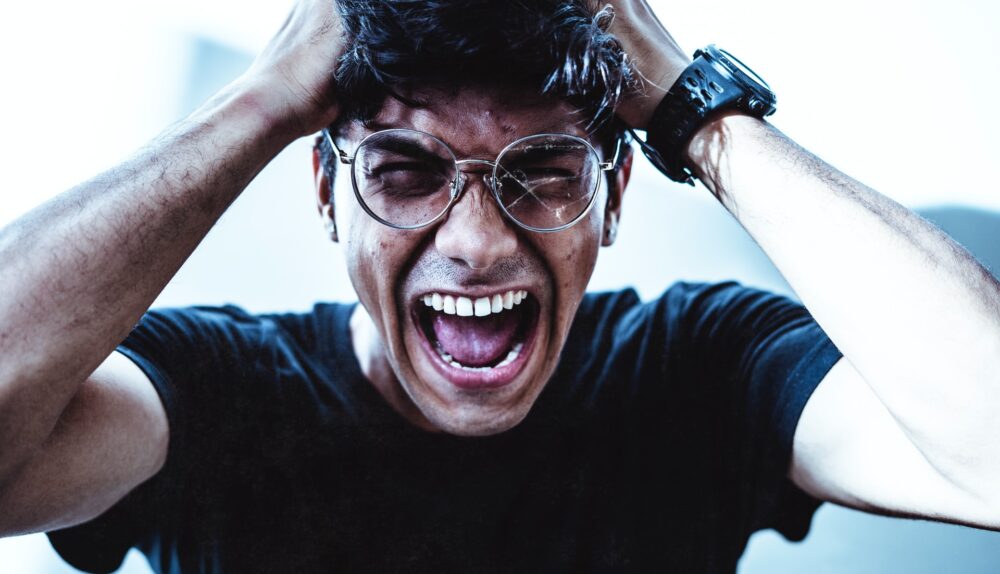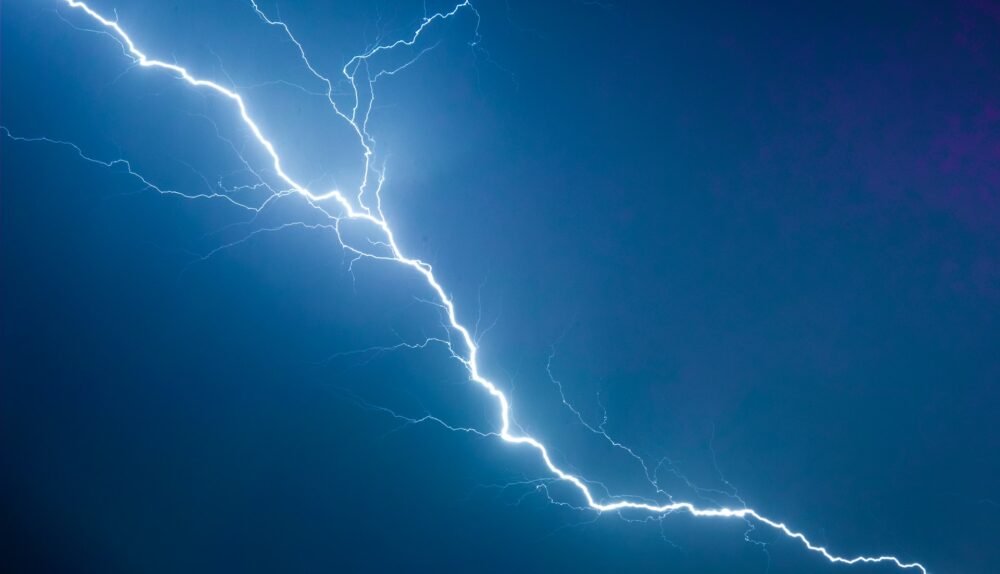Anxiety 2 Calm
Can anxiety be cured? The answer is emphatically yes! You don’t have to live with phobias and panic attacks. So how do you overcome anxiety disorders? The information on this site is the personal experiences of people who have tried almost everything from medication to witchcraft.
There are many theories as to the cause of anxiety, but understanding the root cause is not always a necessary part of finding the solution and nor are expensive therapies. Sometimes, the advice available here and elsewhere, for free, or in relatively inexpensive books, can be enough (although discussion with a doctor is a must!). The overall solution to the problems that hold us back can be surprising and interesting. So whether you have panic attacks, phobias, generalized anxiety disorder, that horrid feeling of unreality, agoraphobia, or any other stress related disorder read on, and let these pages help you find a treatment that works for you.

Why do we have anxiety?
Anxiety is a natural emotion. It is an integral part of the human body’s defence mechanism: the fight of flight response. We have the potential to feel anxious to keep us safe from the threats we face, navigating city traffic, for example, or walking home late at night past groups of drunks. But the other dangers we face in life are slow-burning, less dramatic, and require the use of the more rational part of our brains: dangers in the work place such as losing our job, or the stresses of education and socialising. The fact of the matter is, now society is much safer and much of our adrenaline and cortisol is often surplus to requirements.
In some people, anxiety comes at completely unnecessary moments and disrupts their lives; it’s persistent and ever-present. For others, it comes once at a moment of high stress, and then leaves again. If you suffer from too much stress, tension and fear, and you manifest physical symptoms that bother you, then anxiety is interfering with your life, well being and happiness, and you need to get a handle on it.
Types of Anxiety
Anxiety was not created equal. There are various symptoms and levels of severity. Some people have clear anxiety triggers, and for others it just appears completely out of the blue. Some people have several symptoms, some may have only one, and some just have an “odd feeling” that something is wrong. The mainstream medical establishment has broken up these disorders into various categories which are often used by doctors, psychologist, and the pharmaceutical industry, for example:
- Generalized Anxiety Disorder, which is often abbreviated to GAD
- Obsessive Compulsive Disorder, which is often abbreviated to OCD
- Panic Disorder, which includes a morbid fear of panicking
- Social Phobia, which covers extreme social lack of confidence, shyness and all other social aspects.
- There are of course many other terms that you could use: stress, tension, worry, the jitters, butterflies, edginess, nervousness to name but a few.
But don’t worry if you don’t feel you fit into any label or category. Everyone is different.
Don’t try to beat anxiety completely
It’s is a natural phenomenon. You can’t destroy your own ability to be anxious and it wouldn’t be desirable even if you could. What you are trying to achieve is to bring your levels down to the level everyone else lives with. This is quite definitely possible.
Important
If you feel desperate or think you might harm yourself or others, seek help at once. The Samaritans are always available to talk to you.
Treatment
Anxiety makes us desperate. And desperate people make bad decisions. Watch out for anyone that claims to have an instant, painless, and risk-free cure for anxiety. I recommend avoiding hypnoanalysis.
Doctor’s usually suggest Cognitive Behaviour Therapy (CBD), and anti-anxiety medication. Of course there are a wealth of complimentary therapies, but you should be wary of these as they can be expensive and are often little more than placebos. Self help also plays a big role. Check out this page on meditation for anxiety.




